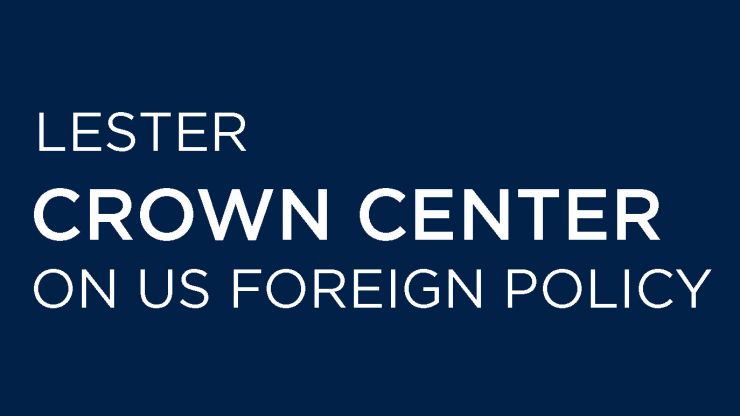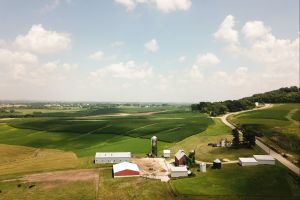There is general agreement across those in urban, suburban, and rural communities on the topics of the economy and climate change, but there's a difference of opinion on immigration.
Summary
Following the 2016 presidential election, differences in voting patterns and policy outlooks for residents of urban, suburban, and rural areas took on a new level of interest. The political sorting between areas of residence, with Democrats clustered in urban areas and Republicans dominant in rural parts of the country, in many ways has become a common stand-in for political affiliation. Beginning with the 2016 Chicago Council Survey, the Chicago Council on Global Affairs began differentiating the residence of respondents based on where they lived in proximity to an urban area. Following the initial survey with geocoded responses, a 2017 Council report highlighting this data demonstrated the divergent opinions on foreign policy between urban, suburban, and rural groups. Now, with four years of such data available, it is possible to plot trends across location of residence, revealing a unique perspective on changes in public opinion based on geography.
Since 2016, urban, suburban, and rural respondents have converged on several policy positions, often eliminating a previous divide between geographies. Most notably, there is general agreement across these geographies on opinions of the economy and international trade, albeit with differences of opinion on President Donald Trump’s tariff war with China. A majority of urban and suburban residents, and a plurality of rural residents, now also believe that climate change is a critical threat. In fact, rural and suburban opinion on the gravity of the climate crisis has experienced higher percentage point jumps year to year than urban opinion.
This is not to suggest that American public opinion is moving toward convergence in all policy areas. In some cases, geography remains a key differentiator. Immigration policy is one example, with a majority of rural residents and a plurality of suburban residents viewing large levels of immigration as a critical threat to the United States. Yet the greater theme remains that American public opinion, across a range of topics and to varying degrees, has moved in similar directions across geography of residence.
Key Findings
The Economy and International Trade
Since 2016, all three geographic groups’ support for international trade has increased, most notably in the belief of the positive effects of trade for the overall US economy and for American companies. Nine in ten respondents across geographies also see international trade as good for relations with other countries, and two-thirds of each subgroup view trade deals with other countries as mutually beneficial. Importantly, previous divisions between geographic groups have narrowed, often converging such that differences in urban, suburban, and rural public opinion have been eliminated.
Trade Relations with China
While rural respondents are more likely to support placing tariffs on Chinese imports, three in four respondents in each geography favor trade with China. Majorities in each group also believe in undertaking friendly engagement with China and that trading with China enhances US security.
Immigration
Immigration remains a relatively divisive subject between geographies. While support for legal immigration has increased for rural and suburban groups, the gulf between urban and rural geographies over the threat of large numbers of immigrants and refugees has grown considerably, with suburban opinions having changed little and resembling neither urban nor rural viewpoints.
Climate Change
Concern with climate change has risen across all geographies, with the largest increases in rural respondents’ views since 2016. However, rural residents are far less likely to support drastic measures to combat climate change than their urban and suburban counterparts.








